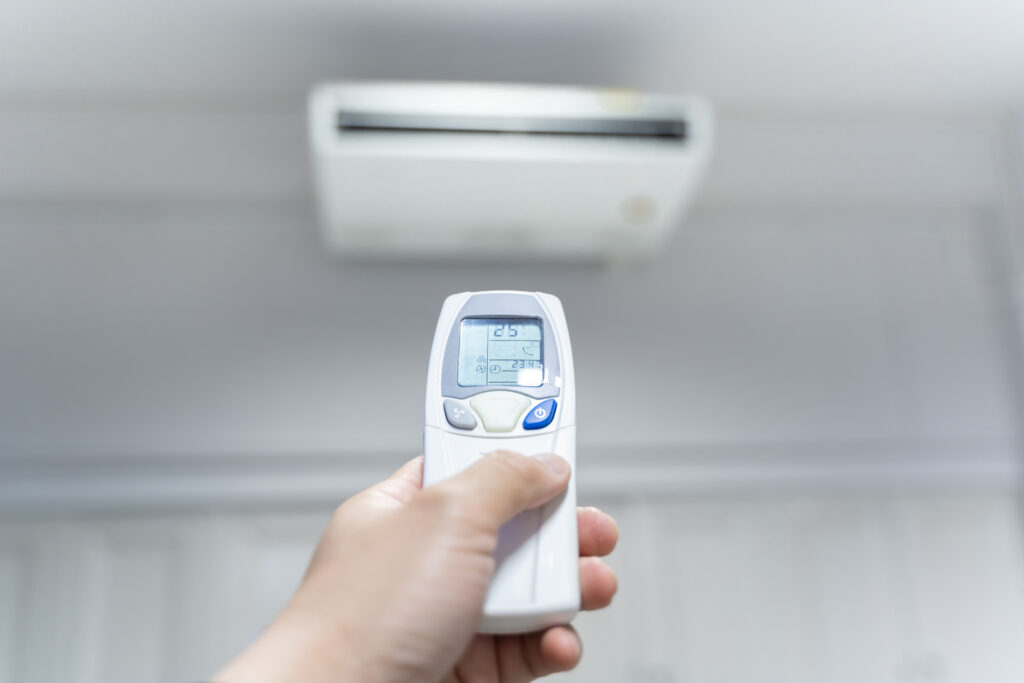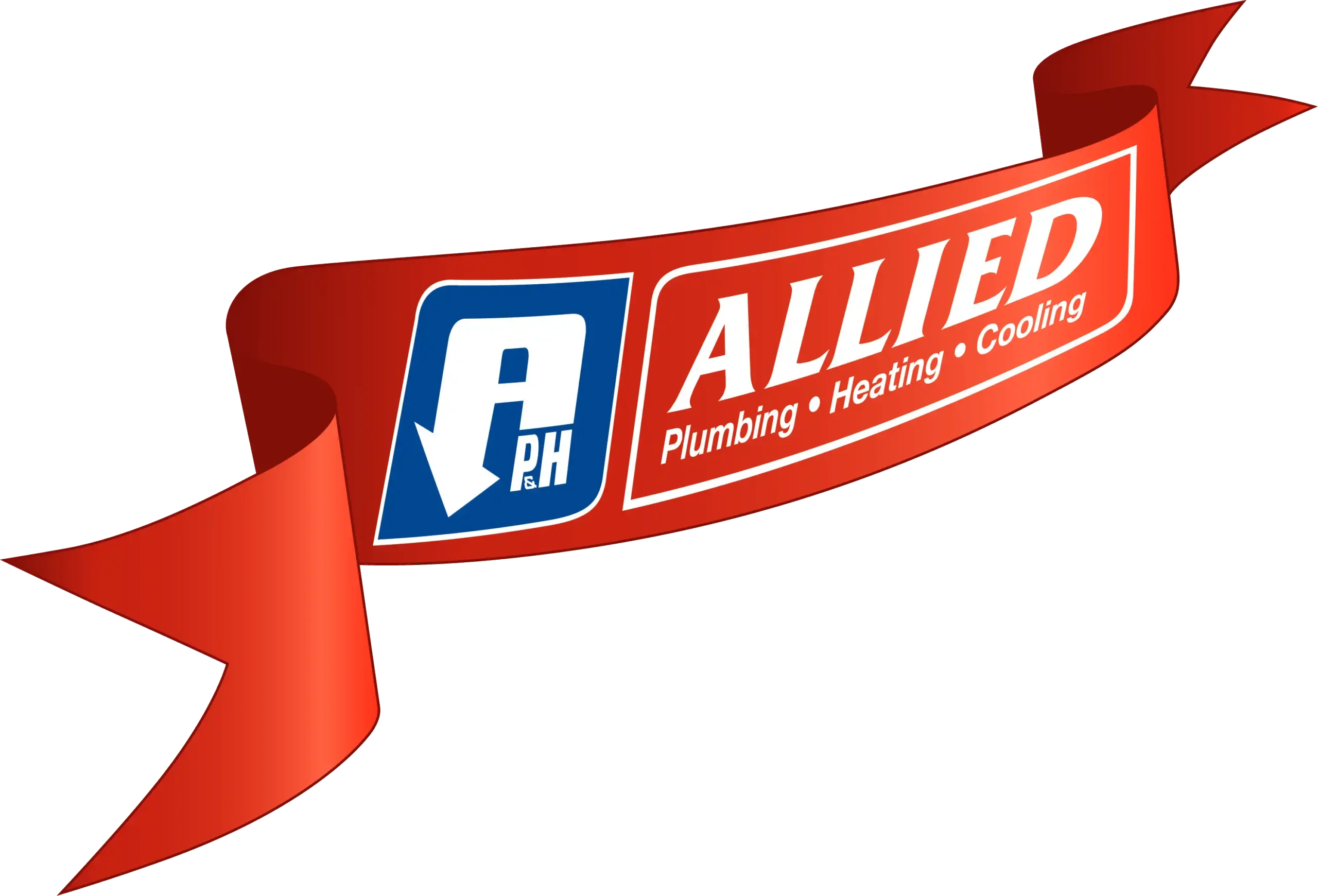Indoor Air Quality In Springfield, IL, And Surrounding Areas
Maintaining high indoor air quality in Springfield, IL is crucial for a healthy and comfortable home environment. As awareness grows about the impact of indoor air pollutants on health, more homeowners are looking for effective ways to enhance the air they breathe. Since 1977, Allied Plumbing Heating & Cooling has been a trusted name in the industry, committed to providing top-notch solutions for all your plumbing, heating, and cooling needs.

In this article, we will explore how to identify poor indoor air quality, the impact of humidity levels on air quality, and the top solutions to enhance the indoor air quality in your Springfield, IL home. Whether you are dealing with allergens, mold, or simply want to ensure a fresher and cleaner indoor atmosphere, this guide offers valuable insights and practical tips to help you breathe easier and live better.
How to Identify Poor Indoor Air Quality in Your Home
Identifying poor indoor air quality in Springfield, IL homes is vital for ensuring a healthy and comfortable living environment. Here are key indicators to watch for:
- Health Issues:
- Headaches
- Fatigue
- Respiratory problems (coughing, sneezing, itchy eyes)
- Unpleasant Odors:
- Musty or stale smells
- Chemical-like scents
- Visible Signs of Mold:
- Mold on walls
- Mold on ceilings
- Mold around windows
- Excessive Dust Accumulation:
- Dust on surfaces
- Dust around vents
- Condensation:
- Condensation on windows
- Condensation on walls
To accurately assess the air quality in your home, consider professional indoor air quality testing from Allied Plumbing Heating & Cooling. Their comprehensive testing services can identify various pollutants, including:
- Volatile Organic Compounds (VOCs)
- Carbon monoxide
- Radon
This testing provides a detailed analysis and actionable solutions to improve your indoor air quality.

The Impact of Humidity Levels on Indoor Air Quality
Humidity levels significantly affect indoor air quality in Springfield, IL homes. High humidity, typically above 60%, can create an ideal environment for mold and dust mites, leading to respiratory problems and allergies. It can also cause structural damage to your home, such as warped wood and peeling paint. Conversely, low humidity levels, usually below 30%, can result in dry skin, irritated eyes, and respiratory discomfort. It can also cause wooden furniture and floors to crack and split. Maintaining optimal humidity levels, between 30% and 50%, is essential for good indoor air quality. Utilizing humidifiers, dehumidifiers, and ensuring proper ventilation are effective ways to control humidity and improve the overall air quality in your home.
Top Indoor Air Quality Solutions for Springfield, IL Homes
Improving indoor air quality in Springfield, IL homes involves a combination of strategies and solutions. Here are some of the top methods recommended by Allied Plumbing Heating & Cooling to enhance the air you breathe:
1. Air Purifiers
Air purifiers are an excellent solution for removing airborne pollutants, including dust, pollen, pet dander, and VOCs. High-efficiency particulate air (HEPA) filters are particularly effective in capturing tiny particles that can affect your health.
2. Regular HVAC Maintenance
Your HVAC system plays a crucial role in maintaining indoor air quality. Regular maintenance, including filter changes and duct cleaning, ensures that your system is functioning efficiently and not circulating pollutants throughout your home.
3. Proper Ventilation
Ensuring adequate ventilation helps reduce indoor pollutant levels by bringing in fresh outdoor air. This can be achieved through exhaust fans, open windows, and mechanical ventilation systems that work with your HVAC system.
4. Dehumidifiers and Humidifiers
As discussed, maintaining the right humidity levels is essential for good indoor air quality. Using dehumidifiers and humidifiers can help you control moisture levels, preventing the growth of mold and dust mites and alleviating respiratory discomfort caused by dry air.
5. Houseplants
Certain houseplants can improve indoor air quality by absorbing pollutants and releasing oxygen. Plants like spider plants, peace lilies, and snake plants are known for their air-purifying qualities.
6. Use of Non-Toxic Products
Switching to non-toxic cleaning and household products can significantly reduce the number of VOCs in your home. Look for products labeled as low-VOC or VOC-free.
7. Smoke-Free Environment
Avoid smoking indoors to prevent the release of harmful chemicals and particles into the air. Secondhand smoke is a significant indoor pollutant that can severely impact air quality and health.
8. Radon Testing and Mitigation
Radon is a colorless, odorless gas that can infiltrate homes from the ground. Prolonged exposure to radon is a major cause of lung cancer. To safeguard your home from this hazardous gas, it’s essential to conduct radon testing and, if needed, install a radon mitigation system.
Allied Plumbing Heating & Cooling is dedicated to helping residents of Springfield, IL, achieve and maintain excellent indoor air quality. Their team of experts can provide personalized solutions tailored to your home’s specific needs, ensuring a healthier and more comfortable living environment for you and your family. By implementing these strategies, you can breathe easier and enjoy the many benefits of clean indoor air.
- Ventilation
- Filtration
- Air Purifier
- Humidifier




